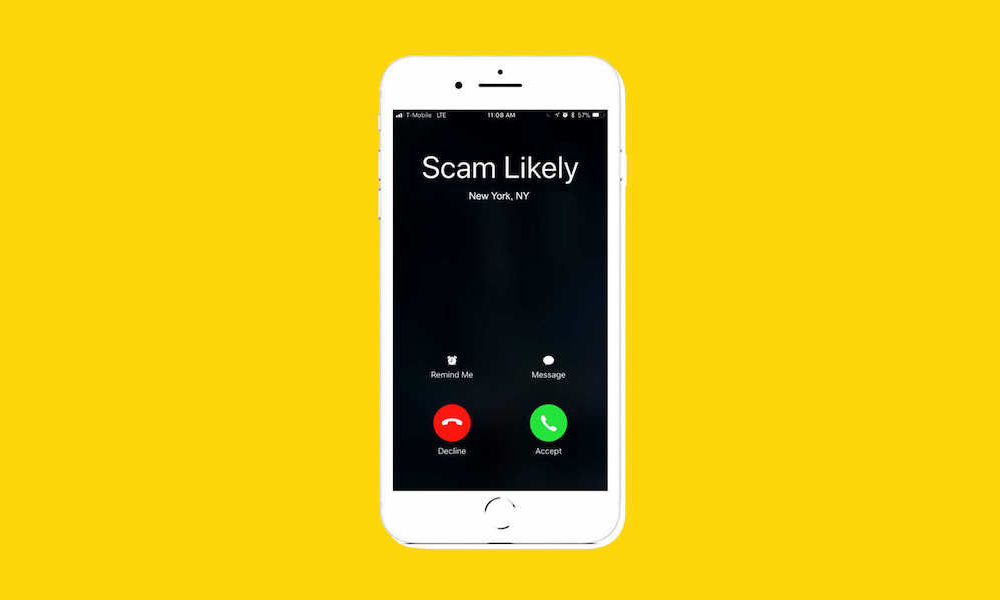FCC Demands Carriers Put an End to Robocalls By 2019 ‘or Else’
 Credit: NY MAG / Intelligencer
Credit: NY MAG / Intelligencer
Toggle Dark Mode
The Federal Communications Commission is pressuring carriers to develop and deploy industry-wide methods of mitigating robocalls by 2019.
FCC Chairman Ajit Pai penned a letter to more than a dozen U.S. mobile providers and other companies on Monday demanding action, Reuters reported. That includes the CEOs of Verizon, AT&T, T-Mobile, Comcast and Charter, among others.
Specifically, Pai is urging telecom firms to adopt widespread call authentication systems that could help prevent caller ID spoofing, which is a way for spam callers to use numbers that appear to be made locally and aren’t typically on do-not-call lists.
The chairman also said that the Commission would “take action” if not enough progress has been made on that front.
“Carriers need to continue working together to make this happen and I am calling on those falling behind to catch up,” Pai wrote. “If it does not appear that this system is on track to get up and running next year, then we will take action to make sure that it does.”
Spam calls are becoming an increasingly widespread issue across the U.S. — and it’s only going to become worse.
Communications transparency firm First Orion estimates that about 50 percent of all calls made by 2019 will be spam or robocalls.
The system that Pai and the FCC want carriers to implement is a type of call authentication that would work across the complicated “web” of cellular networks. Charmingly, it’s called STIR (Secure Telephony Identity Revisited) and SHAKEN (Secure Handling of Asserted information using toKENs).
The underlying mechanisms that power SHAKEN/STIR are complex, but it would essentially help authenticate calls and weed out spoofed calls from legitimate ones. In other words, if it all works out, you should see a lot less spam calls using numbers that are local to your area.
“Combatting illegal robocalls is our top consumer priority at the FCC,” Pai added. “That’s why we need call authentication to become a reality — it’s the best way to ensure that consumers can answer their phones with confidence.”
The FCC chairman added that he expects customers to “begin” seeing the system on their devices by this time next year.
In the meantime, you can read our guide on how the easiest way to stop spam and robocalls on iPhones.






